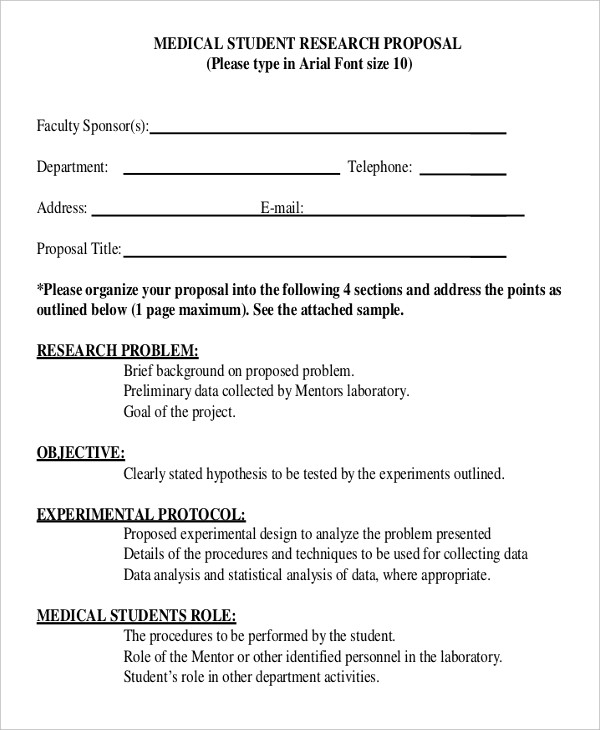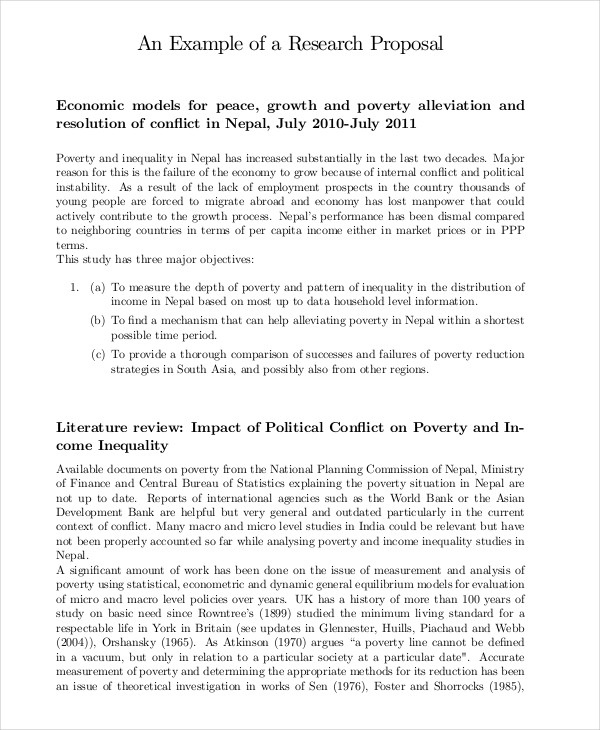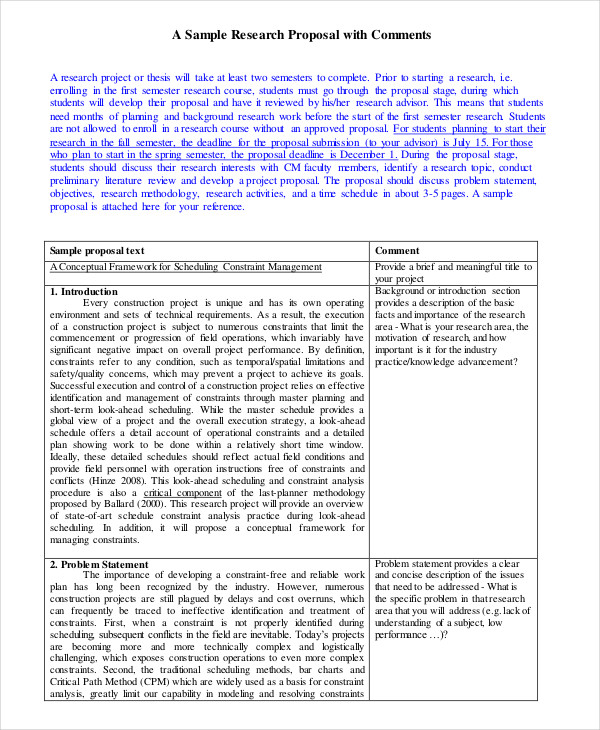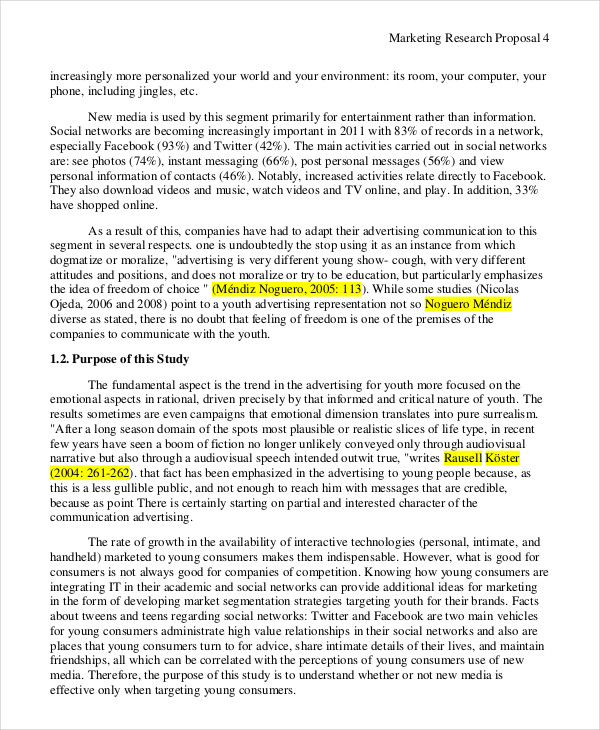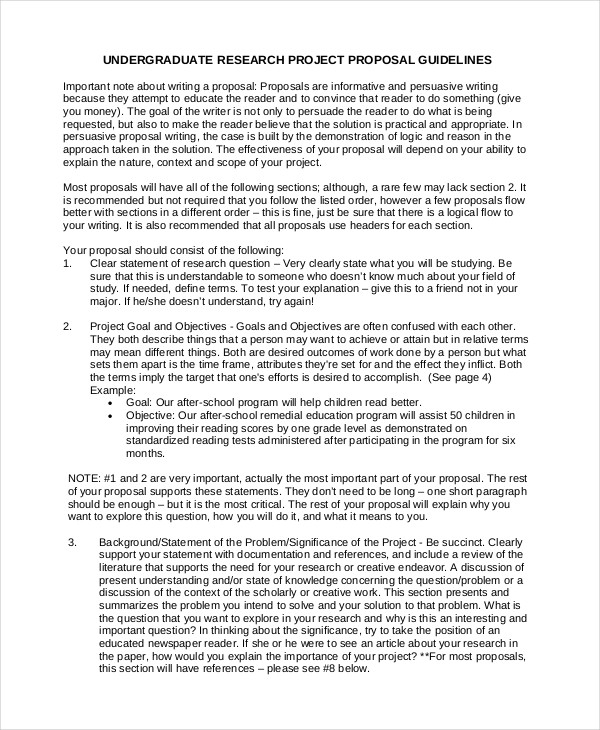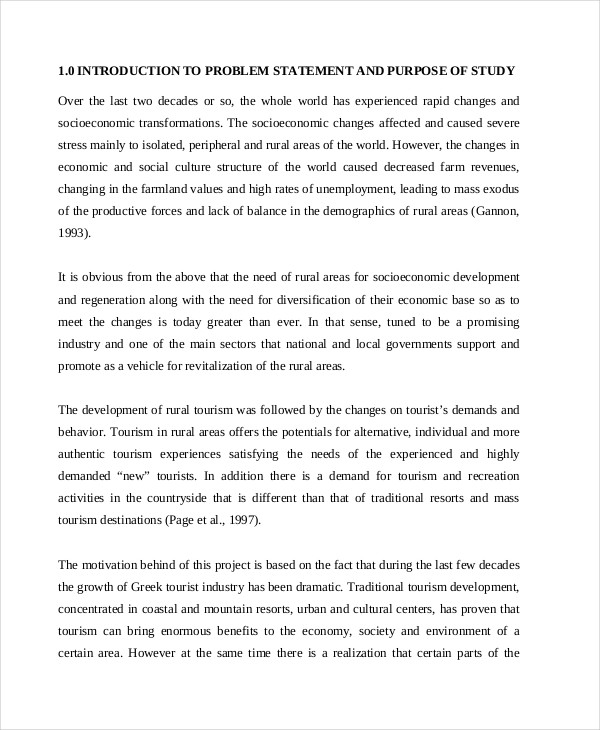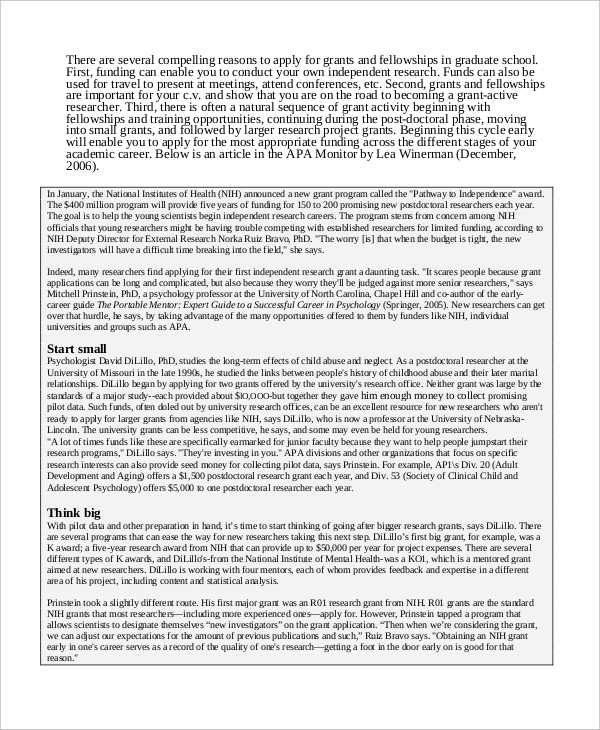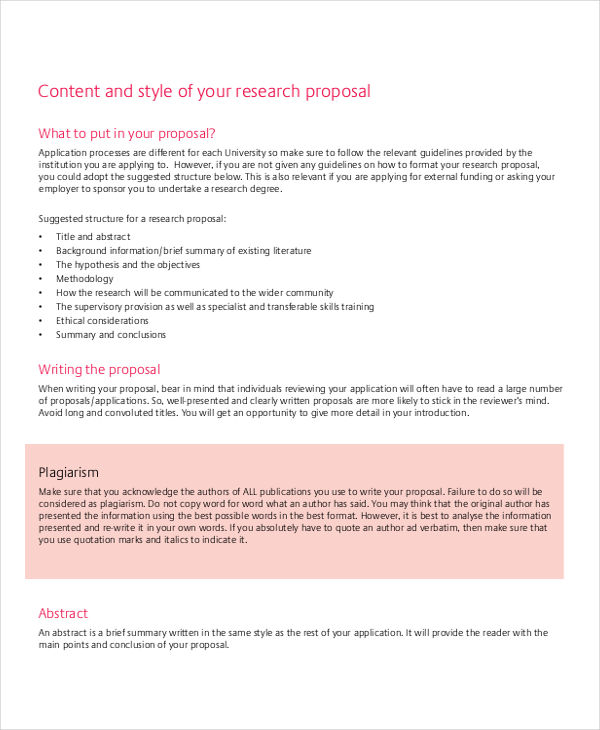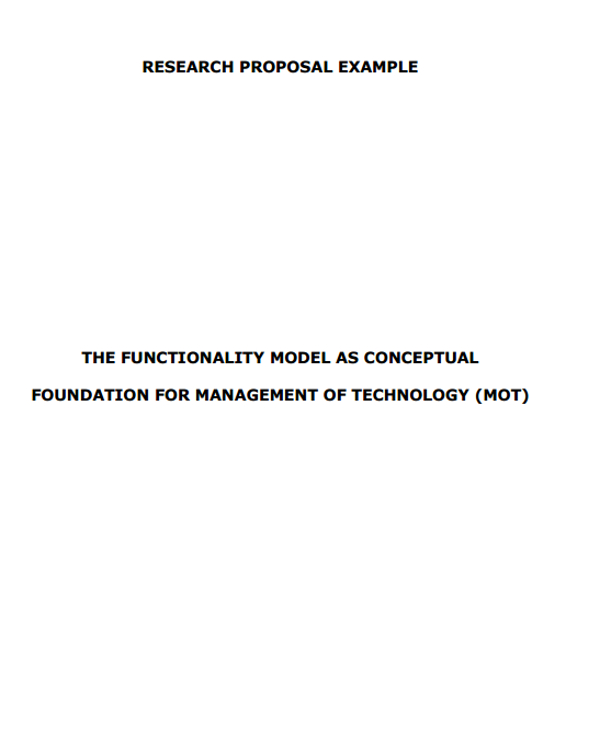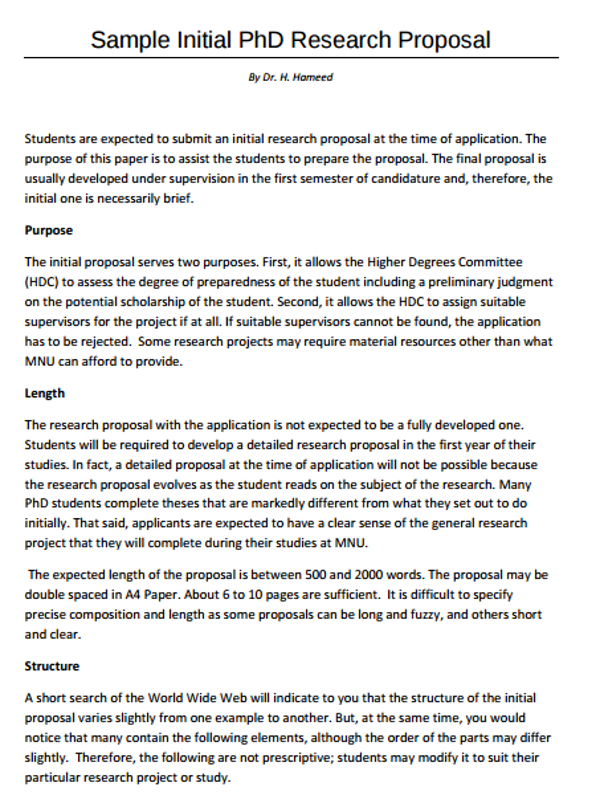29+ Research Proposal Examples to Download
Remember that time in science class when you were grouped were asked to write a request for proposal for a project. And you went out and probably stayed overnight to do some research. Even now, in the fields of business and science, you still have to make project proposals. The true battle is when we are in our chosen line of work. Here are some samples of what these proposals would then look like.
Market Research Proposal Example

Research Proposal Template Example
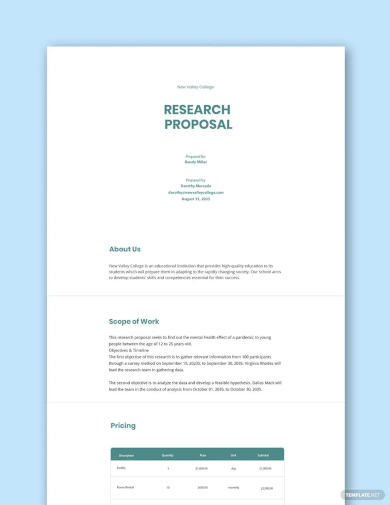
Nursing Research Proposal Example
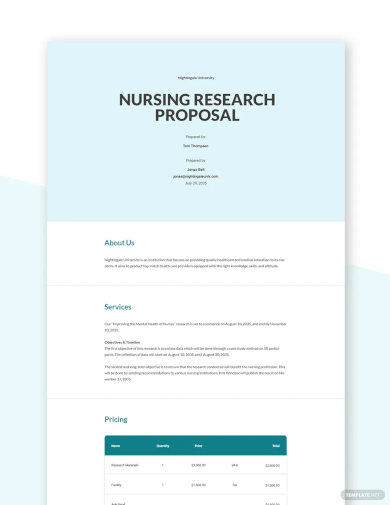
Research Proposal Flowchart Example
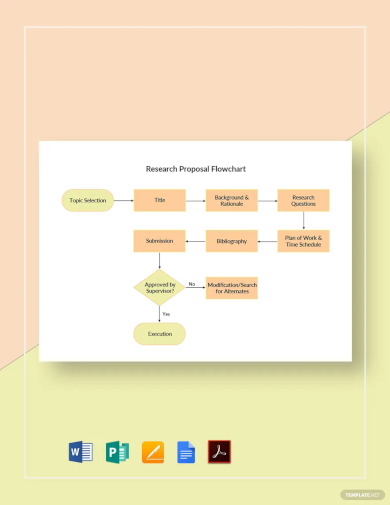
Research Proposal Timeline Gantt Chart
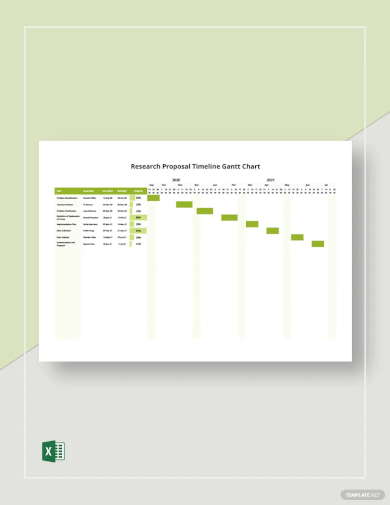
Qualitative Research Proposal Gantt Chart
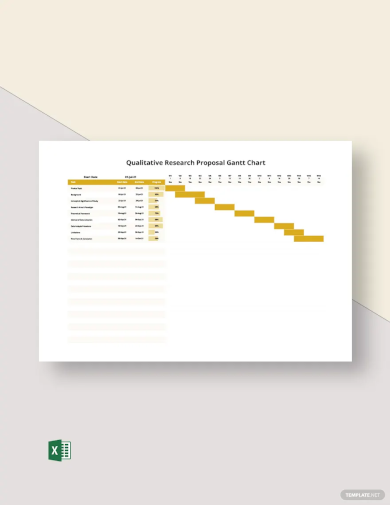
Research Proposal Sample Template

University Research Proposal Example
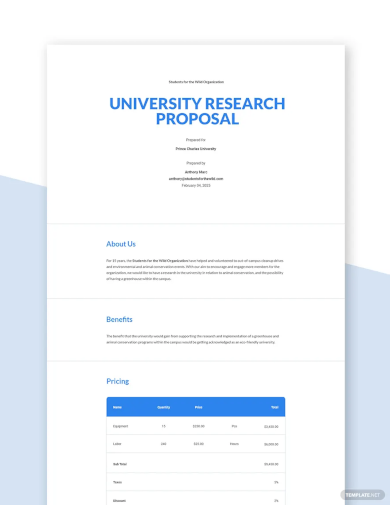
Research Proposal White Paper Example
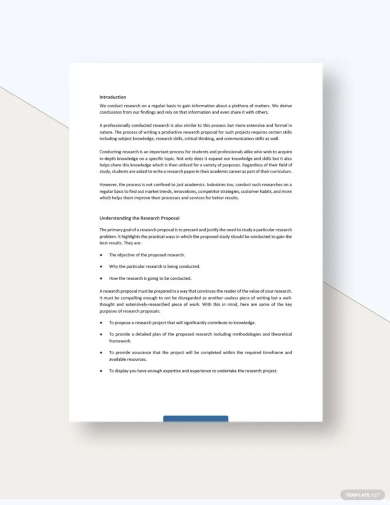
Research Project Proposal Example
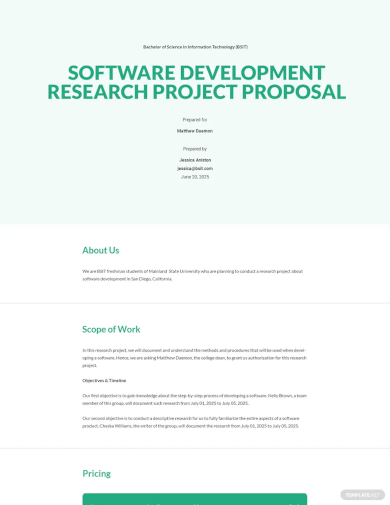
Research Budget Proposal Template
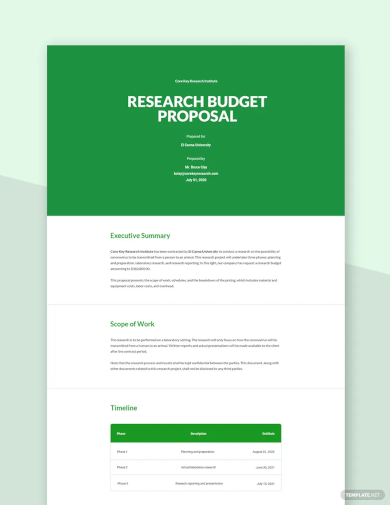
Scientific Research Proposal Example
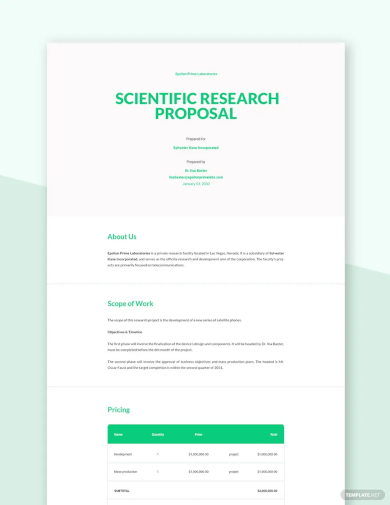
One Page Research Proposal Template
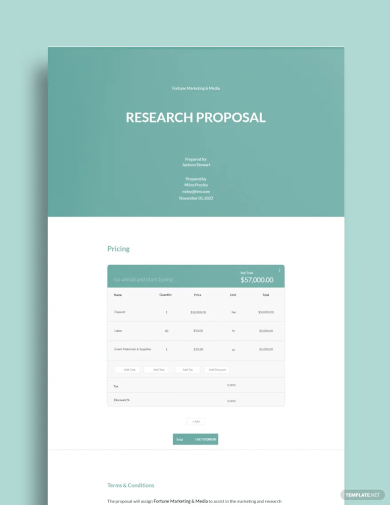
Research Proposal Table Of Contents
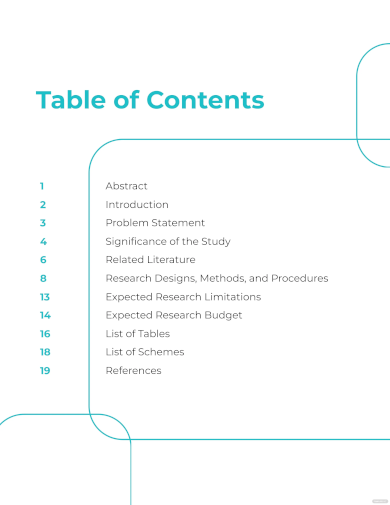
Market Research Proposal Template
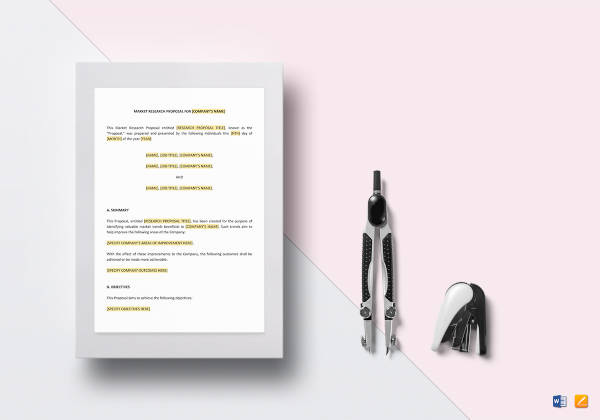
One Page Research Proposal Template
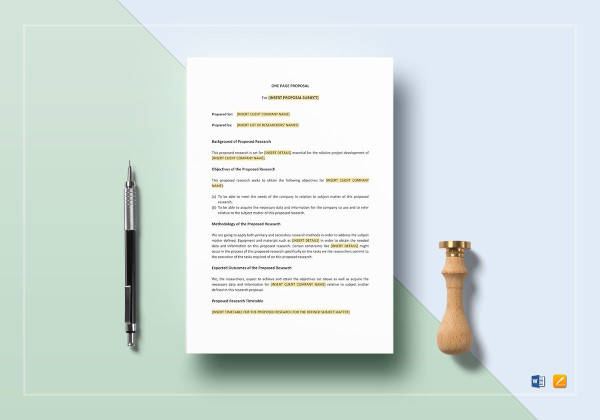
Marketing Research Proposal Template
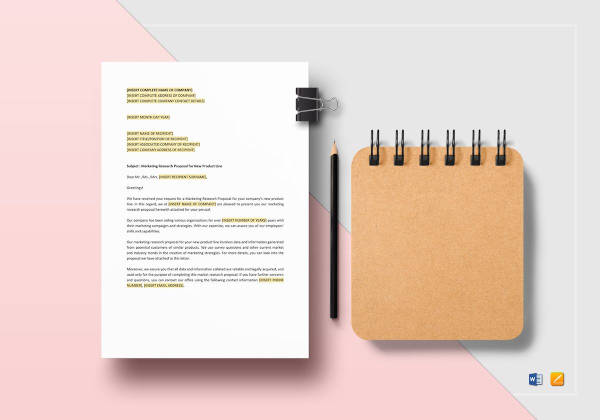
Nursing Research Proposal Template
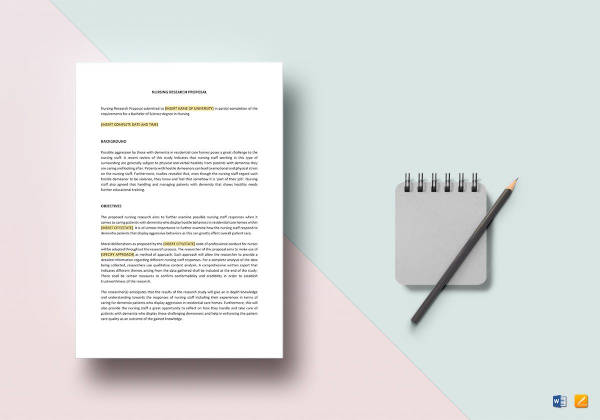
Free Research Proposal Template
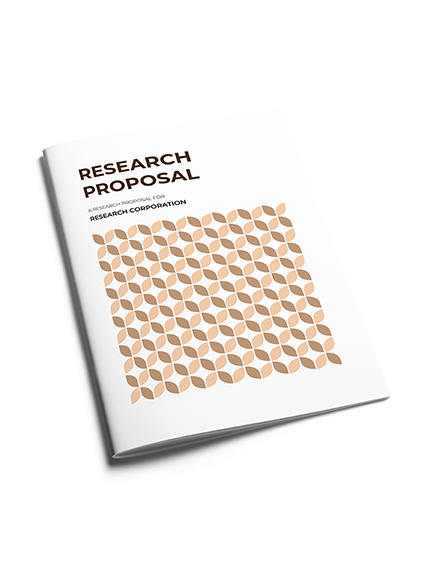
Medical Research Proposal
Academic Research Proposal
Research Project Proposal
Marketing Research Proposal
Undergraduate Research Proposal
Business Research Proposal
Psychology Research Proposal
Accounting Research Proposal
Research Methodology Proposal
Research Proposal Example
Initial PhD Research Proposal
What Is Research Proposal?
A research proposal is a systematic document presented by a proponent/s to a prospective sponsor/s to win support to conduct a research project proposal, generally in the field of science and academics. Commonly, evaluation of professional proposals is based on the proposed research project’s expense, project research budget, possible impact, and soundness.
How to Write a Research Proposal
Writing a proposal could be a tedious and complex task, especially if asking for a grant. Here are a few tips on how to write it.
Step 1: State the Problem
A research proposal should start with the definition of the problem. This allows you to be guided on the flow chart of your research. Mention the research problem/s you want to assess in your study. This is also called as the purpose of the study sometimes.
Step 2: Recommend Solutions
Offer possible solutions to the problem. Back this up with factual and real information coming from reliable resources. Also, add statistical data (if and when necessary) to make it more convincing like service proposal examples. Distinguish the fundamental variables involved in your study.
Step 3: Add Your Estimated Timeline and Budget
It is always important to include schedule samples and personal budget so that your project can be well-funded. Always make sure that the timeline is attainable and realistic.
Step 4: Make a Proper Conclusion
This should wrap up all the important things you stated from the beginning. Highlight the problem, solutions, budget, and timeline.
FAQs
What to include in a research proposal?
The very basic things you need to include in your research proposal are: title of the research project, project background or rationale, research questions, research methodology, work plan and time schedule, and bibliography.
How to Develop a Research Proposal
Planning out a research proposal could be an extensive task than the act of writing itself. Here are a few things you will need to do: determine the problem, do your research, and preparing an outline.
How important is a research proposal?
Research proposals present your ideas to a larger audience. Considering that it is presented to the potential investors, there will be a chance for your idea to be funded and executed. Once it is realized, there will be a higher chance for your concept to be exposed in the crowd. Most importantly, when you write with a persuasive and strong tone, you could get approval not only from the board of trustees or the project management but also their constituents.
A research proposal may sound like a paper just for discovery and academic purposes. However, keep in mind that this document is not made solely for that. You compose a research proposal to persuade potential sponsors or investors to support your plan. And for you to be successful on that goal, catching their attention is a key factor.



